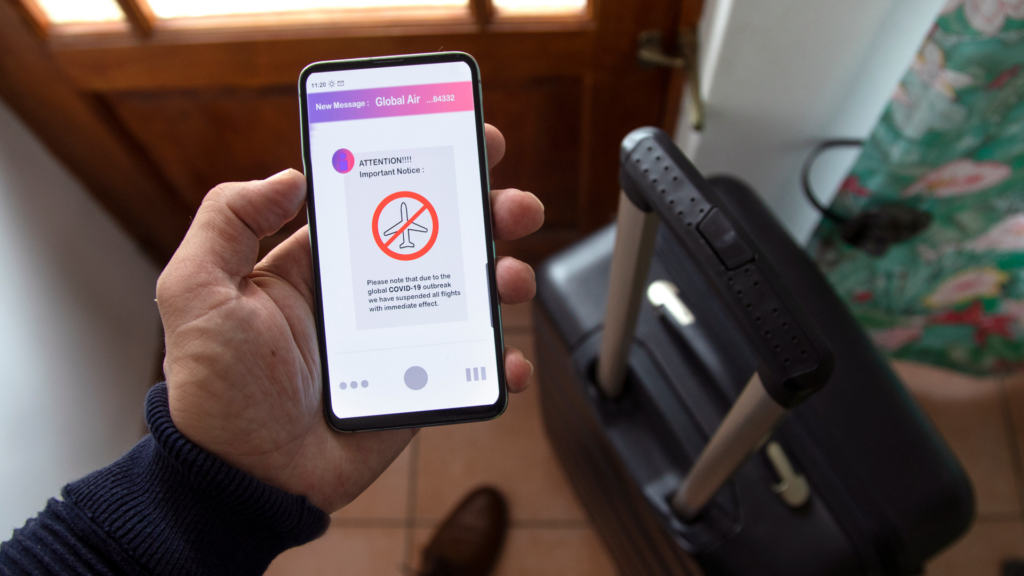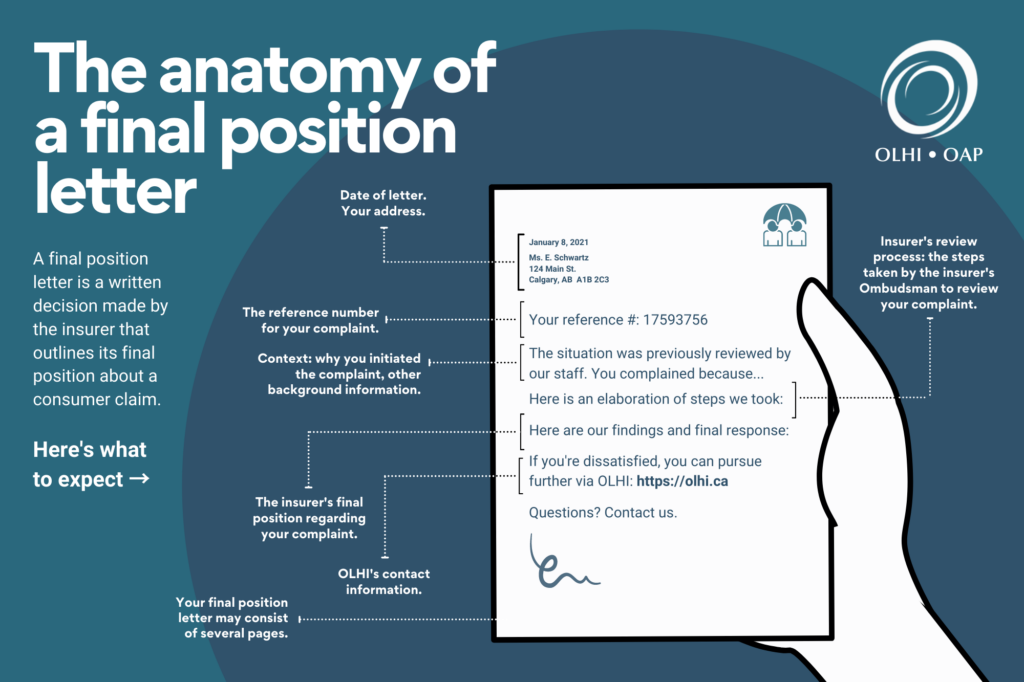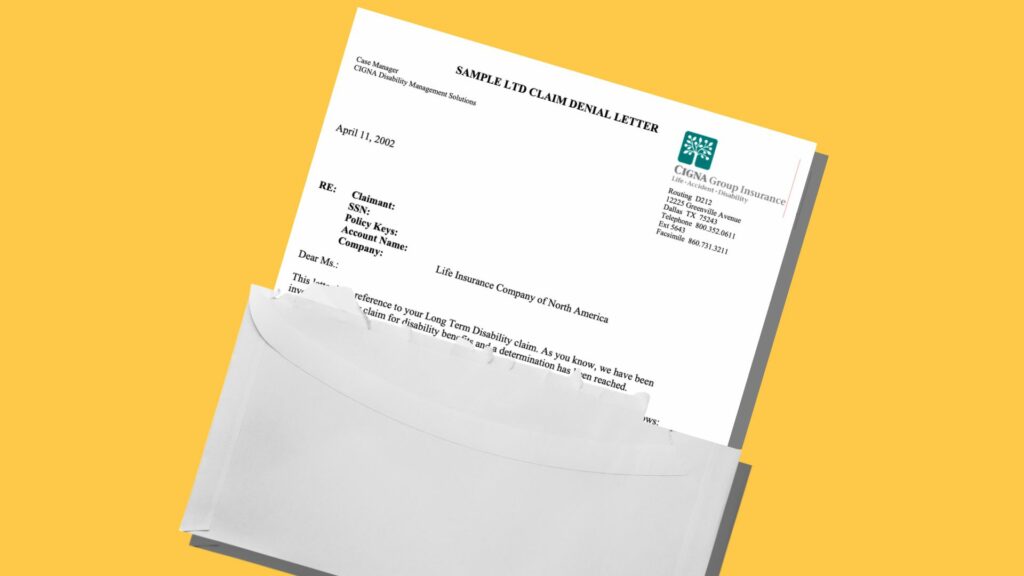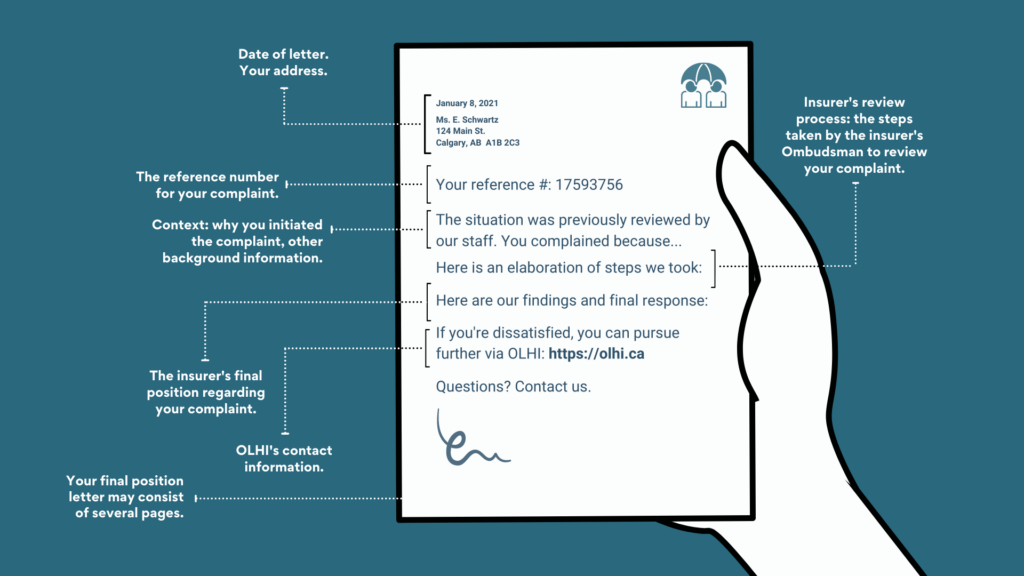Life and health insurance policies can be confusing. Unless you work in the sector, all the industry-specific language, details, and different clauses and subclauses might sound like a foreign language.
But don’t worry! You’re not alone in this. This guide will help you make sense of your insurance policy.
Ready to get started? Let’s learn how to read a life or health insurance policy together.
Key Takeaways

What’s in your policy?
Four Things Often Overlooked in Insurance Policies
The sheer volume of information can be overwhelming when reading an insurance policy. Here are four common things consumers often overlook when reading a policy:

Policy Exclusions and Limitations/Restrictions
When you buy an insurance policy, it’s easy to focus on what is covered and miss important information about the exclusions, limitations or restrictions. For example, some health insurance policies might exclude pre-existing conditions.
Waiting Periods
Insurance policies often have waiting periods during which you are not covered/paid even though you’ve started paying premiums. Waiting periods are especially common in disability insurance. It’s essential to know how long this period is to better plan your disability period.


Definitions
Consumers sometimes make incorrect assumptions about what the terms mean in their policies. Review the Definitions sections before you incur any expense you think should be reimbursed by your insurer. Besides the main Definitions section we discussed above, there may also be specific definitions within the policy’s descriptions of each type of coverage.
Updating your address
As the policy owner, you must inform the insurance company of any change to your mailing address. It is also helpful to provide the insurer with your email address as so much of modern business communications are performed by email rather than by Canada Post. Not updating basic personal information like your address can have severe consequences on the outcome of a claim or when it is time for renewal of the policy and there is a change in the premium amount.


What to do if you have a life or health insurance complaint?
Disputes between consumers and insurers do happen. If you disagree with your insurance company’s decision about your claim, you can ask them to take another look. Every insurer in Canada is required to provide consumers with a process to deal with complaints.
And if you are still not happy at the end of your insurer’s complaints process, OLHI is here to help. You can submit your complaint to OLHI for a free, fast, independent and impartial review. Learn how the process works here.
Case Study

Conclusion
A close, informed reading of your life or health insurance policy can make all the difference when you need it most. Knowing what the terms mean and what is included in your policy (and what’s not) helps you make informed decisions.
For more information, consult the Canadian Life and Health Insurance Association’s Consumer Information and Guide to Life Insurance.
 OLHI – Free, impartial help with your life & health insurance complaints
OLHI – Free, impartial help with your life & health insurance complaints 












